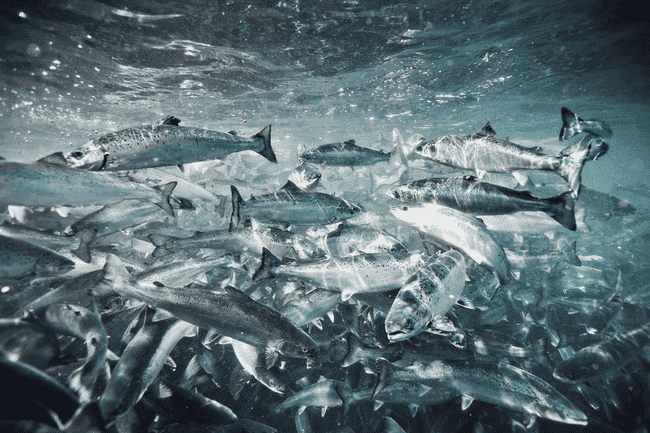
The government was responding to foundation's letter requesting official guidance to be issued for the welfare of farmed fish, but in conceding this point it is taking the position that it is therefore unnecessary to issue official guidance. However, the foundation claims that there is no evidence of them doing this in practice.
The welfare charity stated that one such example is the continued use of low welfare lice treatments, such as the thermolicer, that breaches several provisions of the CoGP, including 5.10 ‘Equipment should be designed in such a way as to avoid creating welfare problems for the fish,’ and exposes fish to suffering and injury. The foundation claims that since these treatments appear to be in violation of the industry code, based on the government’s claim, their usage should be investigated under the Animal Health and Welfare (Scotland) Act 2006. They conclude by stating that there is no indication that investigations into this issue have taken place.
“The CoGP is an insufficient mechanism for ensuring the welfare of farmed fish. Not only are there key gaps in the code, such as lack of systemic official monitoring for welfare to ensure compliance, there are countless welfare issues that the COGP remains silent or value on, such as stunning at slaughter. Only official guidance will help fish farmers understand their legal obligations.” Serena Conforti advocacy and communications officer for the Animal Law Foundation stated in a press release.
The Animal Law Foundation argues it is time to introduce official guidance as fish deserve the proper application of the law to protect them. As the third largest salmon producer in the world, the Foundation urges the Scottish Government to act now given its power to enhance the welfare of millions of fish throughout the farming process.




